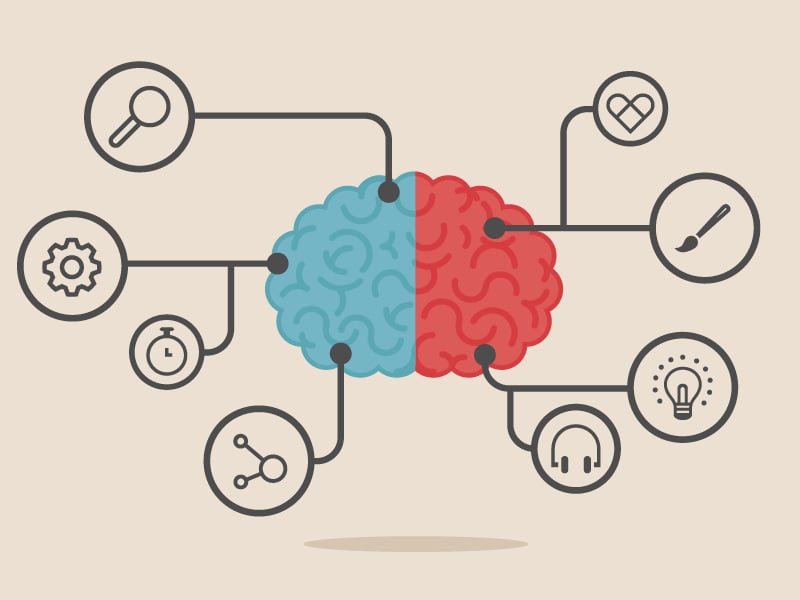2016 was brimming with surprising twists and turns, which not only affected businesses everywhere, but also individual morale and psyche. As we move into the New Year, 2017 is likely to bring its own set of challenges and obstacles that business managers and their teams must meet head on.
Emotional Fitness is the best way to stay ahead of these challenges and bounce back from whatever the New Year chooses to throw at us.
Emotional Fitness is the new corporate competency for 2017
Emotional Fitness remains an elusive concept to a surprising amount of organisations. Yet it can be the most effective tool for ensuring productivity, efficiency, and customer engagement.
Australian companies and individuals are investing heavily in physical fitness and wellbeing. Some have also identified the value of emotional wellbeing programs and we’ve see the rise of yoga and meditation programs in the workplace.
However, a true program to enhance the emotional fitness of a workforce needs to equip employees with a holistic toolkit to navigate and manage the stresses of modern life, both at work and in life more broadly.
So, with 2017 well and truly under way, it’s important to look at the key challenges for the year ahead and place Emotional Fitness high on the business agenda.
Why prioritise Emotional Fitness?
The rise of technology, a competitive environment, and the fear of being replaced is increasingly prevalent in the business world. The rise of new technologies brings with it an uneasy feeling for employees, especially regarding job security. With employees fearing that their roles will soon be performed by machines, it’s no wonder some business are finding their employee engagement at an all-time low.
Yet, as research shows, people are still desiring a human touch when it comes to customer service and dealing with the frontline of a business. For example, a report by Verint Systems revealed that 24% of ANZ customers prefer using the phone to reach out to an organisation. This not only shows that human interaction is still the preferred customer service platform, but also reminds us the important of investing in the frontline.
Emotional Fitness not only gives your team the strength and resilience to withstand tumultuous times ahead, but equips people with the skills, energy and focus necessary for good work and meaningful engagement with customers.
Invest in Emotional Fitness to drive business success:
-
Understand your organisation’s Engagement Quotient (EQ)
How engaged are your employees? How engaged are your customers? How do these two interact? These kinds of questions aren’t easily answered, but there are steps you can take to ensure you’re engaging those you should be. Be transparent and available to your people. Ask what the obstacles to engagement are and deliver the support they need to perform at their best.
-
Get your leaders emotionally fit
Investing in the Emotional Fitness of leaders — yourself included, will benefit everyone. Role modelling the right mindset, displaying emotional resilience and demonstrating genuine care will trickle down to the rest of the team, driving deeper employee engagement and higher productivity.
-
Recruit for Emotional Fitness among your people
Just like technical competencies, the emotional competencies required for performance in roles with high emotional labour can be evaluated in the recruitment process. Evidence shows that an employee’s Emotional Quotient (EQ) has an equal if not greater role to play in performance at work.
-
Develop an emotionally fit frontline
Highly stressful situations have a significant impact on the morale of your employees. Executive positions are highly stressful — but frontline people have their own set of challenges. Every dollar invested in cultivating a healthy, emotionally fit workplace generates around AU$3.20 in benefits to employees and the enterprise alike. Investing in employee wellbeing isn’t just a duty of care — it makes business sense.
Summary
Organisations who continue to recruit from a purely hard skills-based standpoint risk falling behind those prioritising Emotional Fitness for emotional labour. When it comes to emotional fitness, there is no greater skill a prospective employee can have. With the right mentorship, support framework and learning environment, Emotional Fitness can also be developed among both your current workforce and prospective employees.







